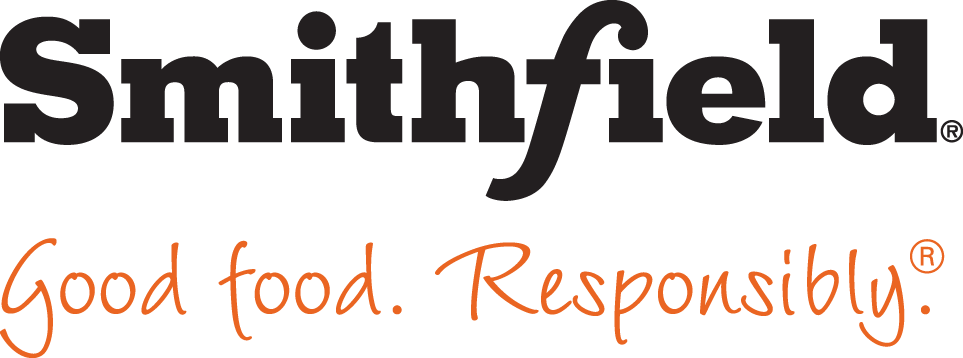North Carolina Schools Reaching More Low-Income Students With School Breakfast, Report Finds

WASHINGTON, March 7, 2018 /3BL Media/ — In North Carolina, 371,000 low-income children participated in the national School Breakfast Program on an average school day in school year 2016–2017, according to a report released today by the Food Research & Action Center (FRAC), an anti-hunger advocacy group.
“School breakfast means less hunger, better health, and improved educational outcomes for our children,” said Jim Weill, president, Food Research & Action Center (FRAC). “The many schools in North Carolina offering breakfast at no charge to all students and serving breakfast after the bell are ensuring that children start the school day ready to learn. We strongly encourage other schools to follow their lead so that more children may reap the benefits of school breakfast.”
The report finds that 58.3 low-income children in North Carolina ate school breakfast for every 100 who received free or reduced-price school lunch during the 2016–2017 school year. This is slightly above the national average of 56.7 low-income children eating school breakfast for every 100 who received school lunch, as determined by FRAC.
FRAC has set a goal of reaching 70 low-income children with school breakfast for every 100 receiving school lunch. Thirty-three school districts in North Carolina achieved this goal. Many of these top-performing districts, including Columbus County Schools, Hyde County Schools, and Washington County Schools, serve a particularly high proportion of students from low-income households in rural areas.
“Access to school breakfast is important for all of North Carolina’s school-aged children, but it is especially important for children who live in rural areas and have long bus rides to school,” said Dennis Pittman, senior director of hunger relief, Smithfield Foods. “We have partnered with FRAC to create the Rally Against Rural Hunger initiative to expand access to — and promote the benefits of — school breakfast for students, educators, families, and communities in North Carolina and across the country.”
North Carolina’s strong school breakfast participation in rural, suburban, and urban areas alike can be attributed to two key strategies: community eligibility, which allows high-poverty schools to offer breakfast and lunch at no charge to all students and eliminates the stigma associated with school breakfast as being only for low-income children, and alternative breakfast models that move breakfast out of the cafeteria and after the first bell, such as breakfast in the classroom. Offering breakfast after the school day starts helps schools and students overcome common barriers, such as late bus arrivals and tight household budgets. Used together, these two approaches can continue to move the needle on school breakfast participation throughout North Carolina.
###
About the Food Research & Action Center
The Food Research & Action Center (FRAC) is the leading national nonprofit working to eradicate poverty related hunger and undernutrition in the United States.
About Smithfield Foods
Smithfield Foods is a $15 billion global food company and the world's largest pork processor and hog producer. In the United States, the company is also the leader in numerous packaged meats categories with popular brands including Smithfield®, Eckrich®, Nathan's Famous®, Farmland®, Armour®, Farmer John®, Kretschmar®, John Morrell®, Cook's®, Gwaltney®, Carando®, Margherita®, Curly's®, Healthy Ones®, Morliny®, Krakus® and Berlinki®. Smithfield Foods is committed to providing good food in a responsible way and maintains robust animal care, community involvement, employee safety, environmental and food safety and quality programs. For more information, visit www.smithfieldfoods.com.
About Rally Against Rural Hunger
FRAC and Smithfield Foods have teamed up to create the Rally Against Rural Hunger initiative to raise awareness about rural hunger and to connect eligible people in North Carolina and across the country with federal food assistance programs so they may get the nutrition they need for their health and well-being.

